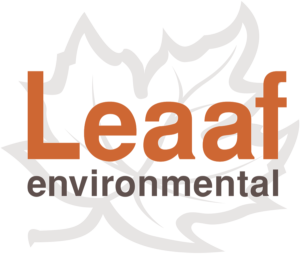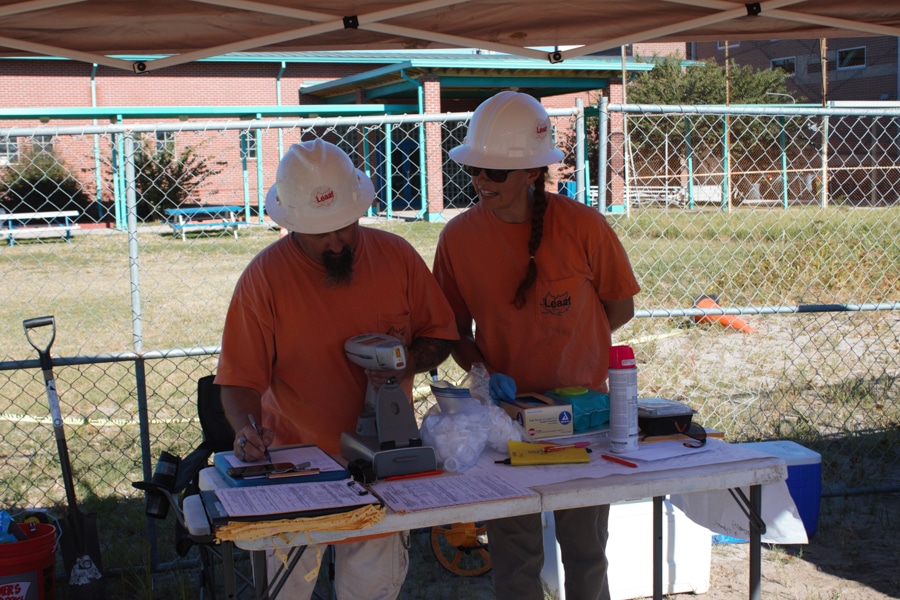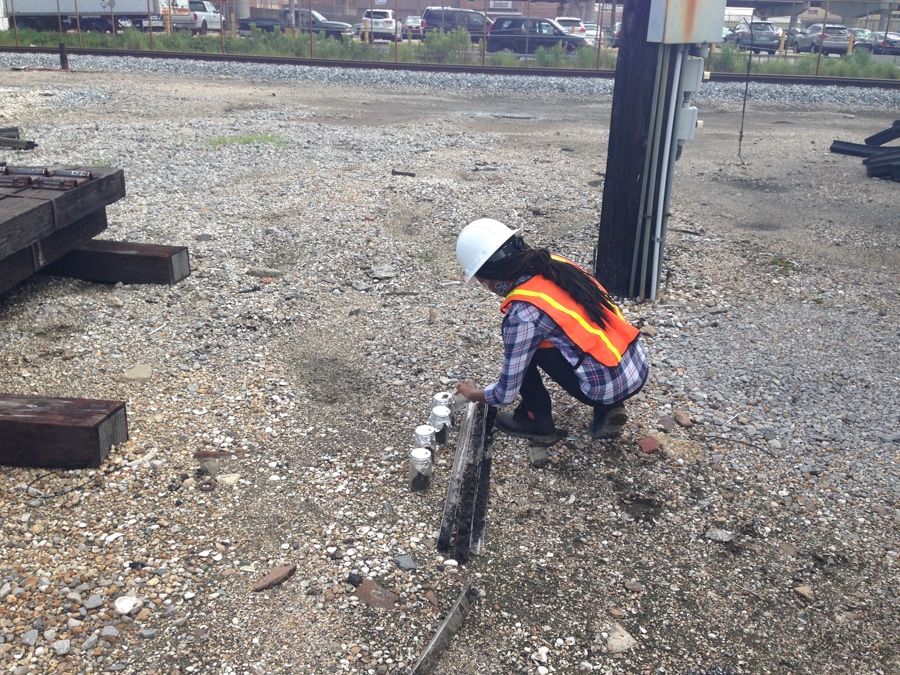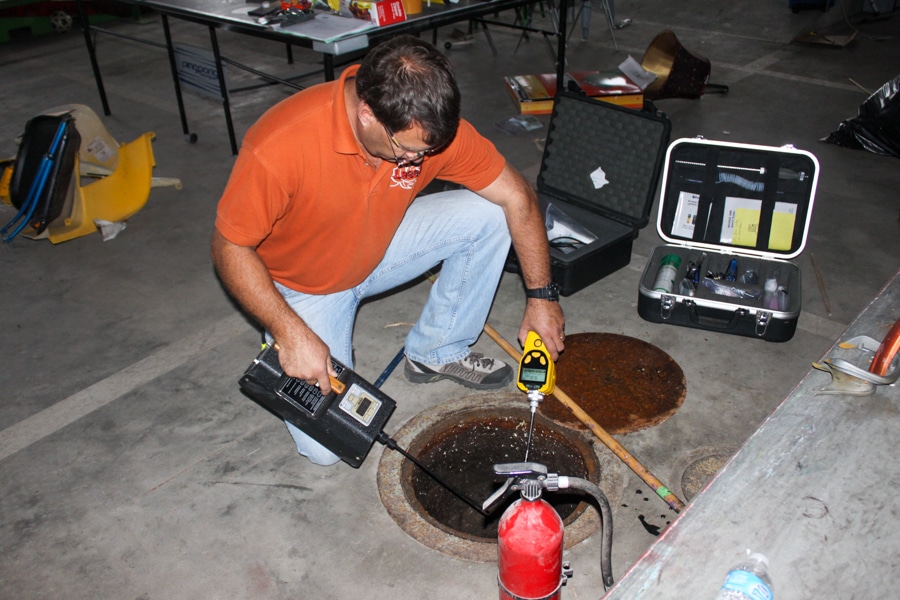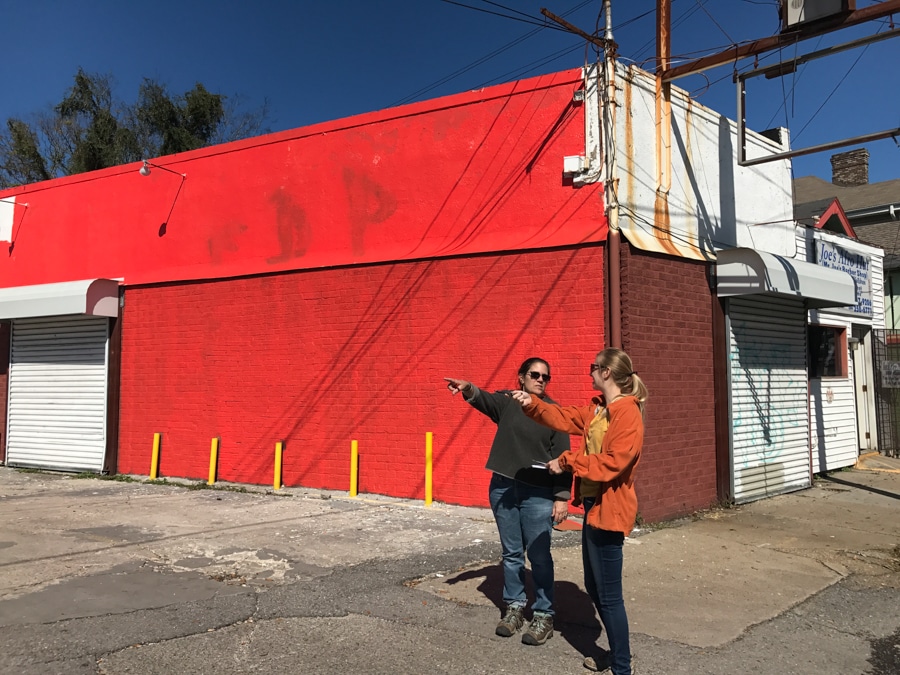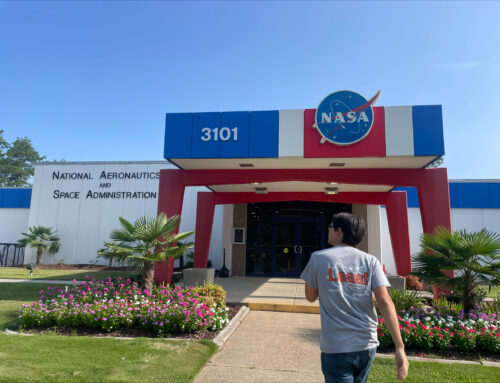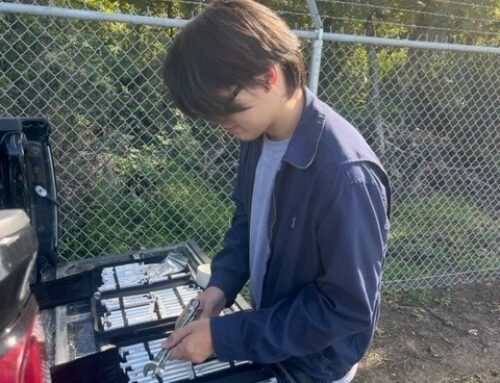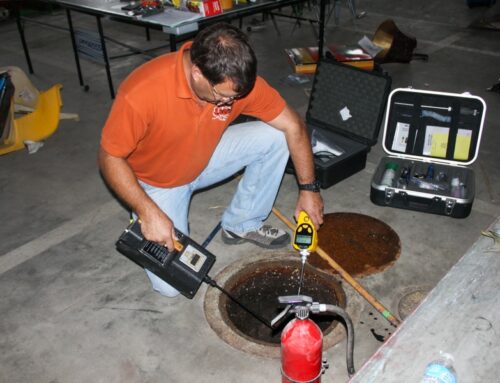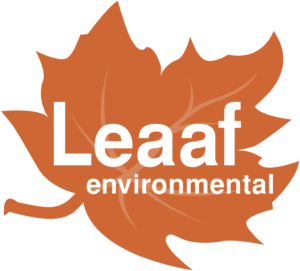Written by Maddy Fox, Marketing Coordinator
In celebration of Earth Day, it might be fitting to shed some light on the contributions of environmental consultants to the protection of our planet. When I first began at Leaaf, I had little concept of what “environmental” meant, and what it stood for. I’ve since found out, perhaps unsurprisingly, that I am not alone.
I have come to understand “environmental” as a catch-all of sorts; a term used loosely to describe a variety of activities relating to the Earth. I think the “environmental” most would envision refers to the state of the deteriorating natural world- climate change, deforestation, pollution, and the like. So when I say “environmental consulting”, most with little familiarity with the industry have assumed I am referring to conservation efforts of some kind.
While conservation efforts are undoubtedly important, environmental consultants fill a different space. The “environmental” of “environmental consultant” refers more closely to the aspects of a location, whether natural or man-made, that affect human health and the environment. Loosely, if conservationists exist to influence the creation of private and public policy, environmental consultants exist to carry out said policy for clients like the government, industrial plants, commercial property developers, and everyday business owners.
And there is plenty of work to do. At Leaaf, we specialize in three primary areas: soil and groundwater sampling and analysis, underground storage tank removal and remediation, and indoor air quality services. We help business owners understand their environmental obligations under the law and help them to correct or manage environmental risks they currently face. Most commonly, this looks something like delineating contaminated properties, analyzing and removing soil blighted by a chemical or oil leak, identifying and removing asbestos posing immediate threats to human health, supervising specially regulated job sites or job sites with environmental concerns, filing the correct paperwork with relevant regulatory agencies, providing an environmental history of a property, and a variety of additional related activities.
While the work of an environmental consultant is perhaps less flashy and socially relevant than that of a conservationist, environmental consultants work to identify and mitigate the everyday risks we are exposed to in the modern world. They are an important and often underappreciated piece of the puzzle. Happy Earth Day to the environmental consultants working to help create a world where we can trust the air we breathe, the water we drink, and the soil we use.
